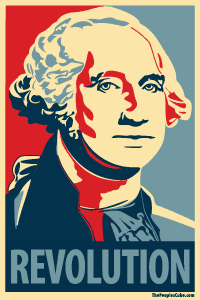By James Lewis | June 18, 2012 | American Thinker
In a perverse way this is the most utopian administration in American history. That’s after all what Marxism comes down to, a stubborn fantasy that the world will flip into utopian perfection as soon as all the evil capitalists are in Siberian labor camps. The Soviet Union spent seven decades trying to eradicate capitalism at home and abroad, along with religion, family values and individualism. As a natural consequence, they ended up destroying hard work and agriculture, and every five years the Kremlin kept wondering what could have gone wrong with their “scientific” policies this time around.
Today Vladimir Putin kneels down with the Patriarch of Moscow in the Kremlin Chapel, surrounded by magnificent bling going back to the Byzantine Empire.
So much for eradicating human nature.








